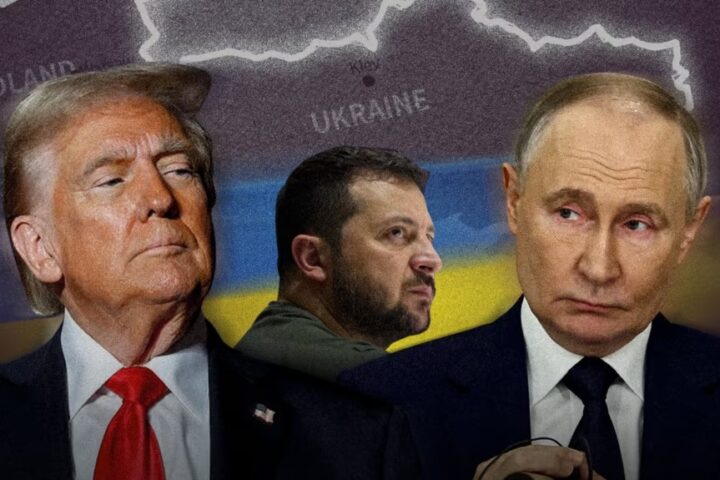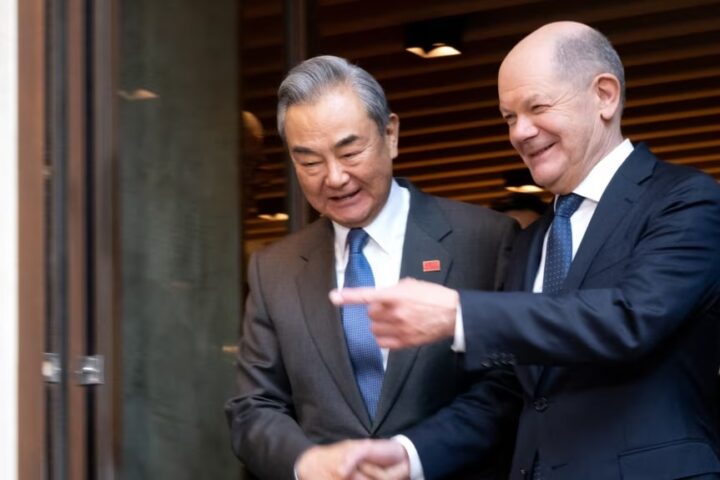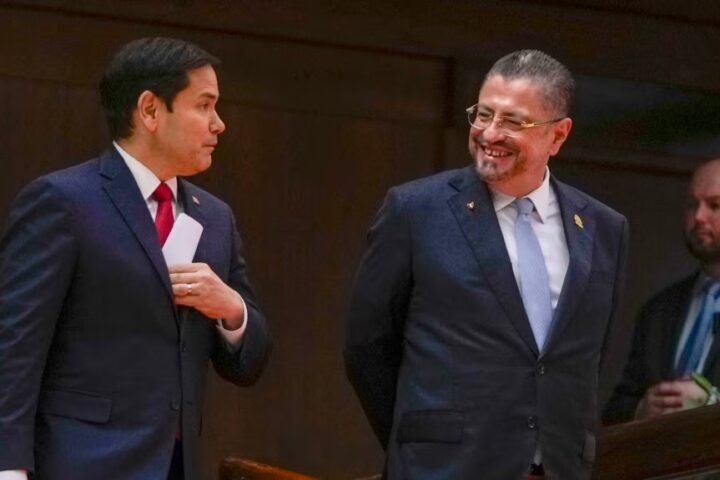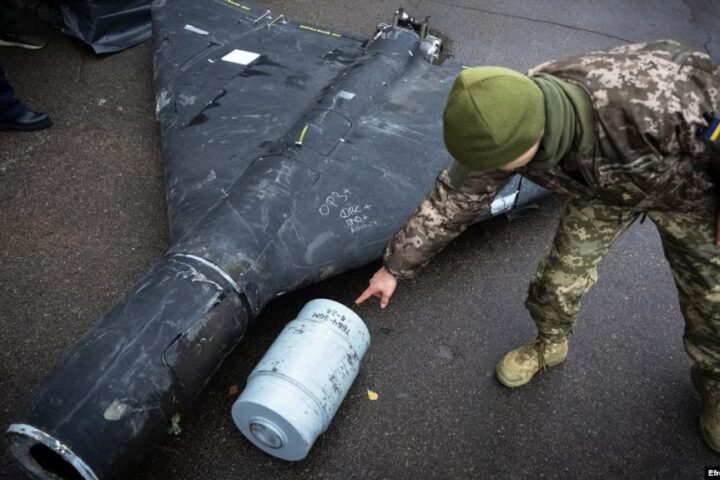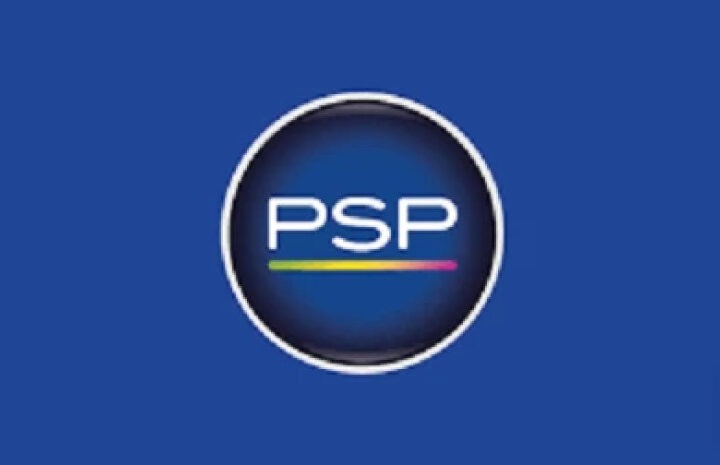Republika Srpska is going ahead with its controversial proposed law on “foreign agents,” which aims to curb the work of nonprofit organizations financed from abroad in the Serbian entity of Bosnia-Herzegovina.
The proposed law was published on April 3 on the website of Republika Srpska’s Justice Ministry, despite opposition from the public, NGOs, and international organizations.
The law would define “agents of foreign influence” as nonprofit organizations assisted by foreign entities that are engaged in political activities, try to influence public opinion, and are undermining the integrity and constitution of Republika Srpska.
The proposed law would oblige organizations to report to the Justice Ministry within 15 days the receipt of financial or any other kind of support. It also stipulates possible bans if an organization violates “the integrity of [Republika Srpska].”
The law was announced in 2022 by Milorad Dodik, the pro-Russian president of Republika Srpska, who is also the leader of the largest party in parliament, the Alliance of Independent Social Democrats (SNSD). Dodik is under sanctions imposed by the United States and Britain for his efforts to undermine the Dayton agreement.
The draft version of the “foreign agents” law was referred to the National Assembly of Republika Srpska on March 28 just days before the legal deadline. Officials said they do not know when a debate on the proposal will be discussed by the parliament.
Legislators who support the proposal claim that the U.S. Foreign Agents Registration Act (FARA) was a model for the law, but an RFE/RL investigation showed that it has much more in common with the Russian law on “foreign agents” implemented in 2012.
The proposal has remained unchanged from its draft version in that it proposes special oversight for NGOs financed from abroad, prohibits political activities, and requires additional registration and financial reports.
The Office of the High Representative (OHR) to Bosnia has asked for the withdrawal of the draft law from the parliamentary schedule, stating that its aim is to scare organizations of civil society into submission.




